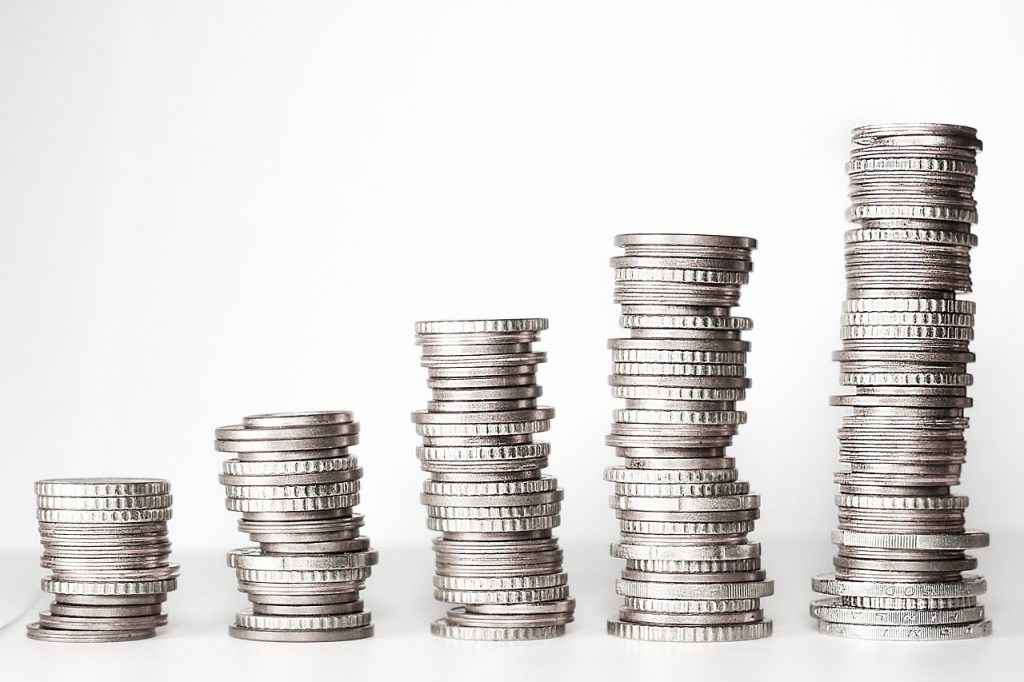When it comes to managing your finances, the choices you make can have a significant impact on your financial well-being. One of the fundamental decisions you’ll face is where to park your savings – in a bank fixed deposit or a savings account.
1. Introduction
Let’s begin by taking a step back and understanding the basics. Both fixed deposits (FDs) and savings accounts are avenues to store your money with a financial institution. However, they serve different purposes and come with their own set of advantages and disadvantages.
So, which one should you choose? Well, that’s what we’re here to help you decide.
2. Bank Fixed Deposit: A Closer Look
What is a Fixed Deposit?
A Fixed Deposit is like lending your money to a bank for a specific period at an agreed-upon interest rate. You deposit a lump sum amount, and in return, the bank promises to pay you interest on it. FDs are a safe and secure way to grow your savings.
Advantages of Fixed Deposits
• Assured Returns: FDs offer a fixed interest rate, which means you know how much you’ll earn.
• Low Risk: Your principal amount is protected, making it a safe investment.
• Disciplined Saving: FDs have a lock-in period, promoting financial discipline.
Disadvantages of Fixed Deposits
• Lack of Liquidity: Your money is locked in for a specific tenure.
• Interest Taxation: Interest earned is taxable.
• Lower Returns: FD interest rates are generally lower than other investment options.
3. Savings Account: Your Friendly Savings Companion
What is a Savings Account?
A Savings Account is like a financial friend who keeps your money accessible whenever you need it. It’s a bank account that offers a nominal interest rate on the money you keep in it.
Advantages of Savings Accounts
• High Liquidity: You can withdraw money whenever you want.
• No Lock-in Period: You have complete flexibility.
• Everyday Banking: Savings accounts are ideal for everyday transactions.
Disadvantages of Savings Accounts
• Lower Interest: The interest earned is typically lower compared to FDs.
• Inflation Erosion: Inflation can erode the real value of your savings over time.
4. Interest Rates: The Heart of the Matter
How Are Interest Rates Determined?
Interest rates play a crucial role in your decision-making process. FDs generally offer higher interest rates compared to savings accounts. The interest rate on both options can vary depending on market conditions and the bank’s policies.
Which One Offers Better Interest?
Fixed deposits typically offer higher interest rates. However, it’s essential to consider your financial goals and liquidity needs when deciding.

5. Liquidity: Access to Your Money
The Liquidity Debate
Savings accounts are your go-to choice when you need easy access to your money. FDs, on the other hand, have a lock-in period, making them less liquid. Consider your short-term and long-term financial goals before making a choice.
6. Risk Factor: Keeping Your Money Safe
Security and Risk
Fixed deposits are known for their security. Your principal amount is protected, and in case of bank failure, your deposits are insured up to a certain limit. Savings accounts are also secure but may carry a slightly higher risk due to their linkage to market conditions.
7. Tax Implications: The Fine Print
Taxation Matters
Both FDs and savings accounts have tax implications. The interest earned from FDs is taxable, while the interest earned on savings accounts is typically subject to tax exemptions up to a specified limit. Be sure to factor this into your decision-making process.
8. Lock-in Period: The Time Factor
The Importance of Time
Fixed deposits come with a lock-in period, which varies depending on the chosen tenure. This can range from a few months to several years. Savings accounts, on the other hand, have no such restrictions.
9. Goals and Objectives: Defining Your Priorities
What Are Your Financial Goals?
Your choice between a fixed deposit and a savings account should align with your financial goals. If you’re looking for high returns and can afford to lock in your money, FDs are a solid choice. For easy access to funds and everyday transactions, a savings account is the way to go.
10. Inflation and Real Returns: The Hidden Culprit
The Silent Wealth Eroder
Inflation is the uninvited guest that can erode the real value of your savings over time. While FDs provide stable returns, it’s important to consider whether those returns can outpace inflation.
11. Conclusion
In conclusion, the choice between a bank fixed deposit and a savings account ultimately depends on your financial objectives and circumstances. Evaluate the factors we’ve discussed, such as interest rates, liquidity, risk, tax implications, and your financial goals, before making your decision. There’s no one-size-fits-all answer, as each option has its merits.

